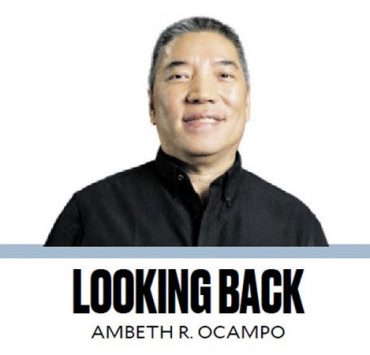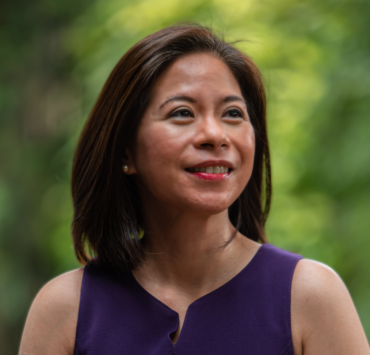Harmony in Mountain Province elections

Mountain Province stands out from other regions during elections due to its distinct culture of cooperation and unity among local leaders. Unlike the intense rivalry often seen in other provinces, leaders here prioritize harmony and mutual respect over competition. Through open communication and constructive dialogue, they actively discuss the potential impacts of political rivalry with each aspiring candidate.
This approach encourages them to consider the effects of such rivalry on relationships within their close-knit communities, where people share deep cultural ties, traditions, and family connections. Leaders and supporters alike recognize that political battles between friends and relatives can strain these connections, creating divisions in a community that values solidarity. As a result, many candidates in Mountain Province run unopposed, reflecting a shared commitment to preserving unity and ensuring that politics do not disrupt community bonds.
In contrast to this unity-driven political landscape, other regions in the Philippines have seen family members competing directly against each other for the same positions. These rivalries can lead to lasting divisions not only within the family but also across communities. This dynamic often reflects the competitive nature of political landscapes in places where political power is highly coveted, and family members see one another as viable competitors rather than collaborators.
For example, in Ilocos Sur and Cebu, there have been instances where siblings or cousins ran against each other for mayoral or congressional seats. Such rivalries can be polarizing, dividing support bases within families and communities, and creating tension among shared networks. The family’s supporters are often split, as each side feels obligated to choose between two people they respect and support. This competition can escalate into contentious campaigns, with both candidates vying to prove themselves worthy to their constituents while also facing the emotional challenge of opposing a family member. These conflicts may also impact familial relationships long-term, sometimes resulting in years of estrangement or mistrust.
In stark contrast, Mountain Province leaders actively encourage potential candidates to think beyond individual ambitions, fostering an environment of consultation and consensus. This dialogue-based approach involves weighing the benefits of uniting under a single candidate, rather than pitting relatives or close friends against each other. This model promotes unopposed candidacies, as seen in places like Tadian, Bauko, Sagada, Bontoc, and Natonin, where leaders frequently come to an agreement on candidacies to avoid discord. Such practices not only reinforce community ties, but also ensure that candidates can focus more on development goals rather than on rivalry.
It is clear that Mountain Province’s strategy emphasizes preserving relationships and upholding a unified vision for community well-being. In places where family rivalries dominate, the short-term goal of political victory often comes at the expense of longer-term family and community unity, illustrating a significant cultural difference in how leadership and competition are viewed. Mountain Province’s system, though unique, could serve as a model for areas seeking ways to balance competitive elections with community harmony.
The approach taken by the people of Mountain Province offers powerful lessons on the role of unity, respect, and cultural preservation in political life. In an era when political rivalry often breeds division, Mountain Province demonstrates that elections need not come at the cost of community harmony. By prioritizing dialogue and mutual understanding, leaders in this province manage to preserve relationships, ensuring that political competition doesn’t disrupt the shared culture and kinship that bind them.
This collaborative spirit is not only a testament to the strength of Mountain Province’s cultural values, but also a model of effective leadership rooted in shared responsibility. The commitment to unopposed candidacies, when carefully considered and agreed upon, reflects an enlightened approach to governance—one that places the welfare of the community above individual ambitions. Such practices show that there is strength in cooperation, where leaders work together rather than against each other to serve.
Ultimately, this practice seen in Mountain Province underscores a profound truth: leadership is not about winning over others but about working together to uplift the community. This approach cultivates a sense of unity and respect that sustains not only political stability, but also the integrity of shared cultural values. In this way, Mountain Province stands as a powerful example of how true leadership serves as a bridge, not a barrier, to progress and peace.
Maria Teresa B. Macasinag is an educator from the Applai tribe of Mountain Province and is passionate about promoting understanding through education and community engagement.

















